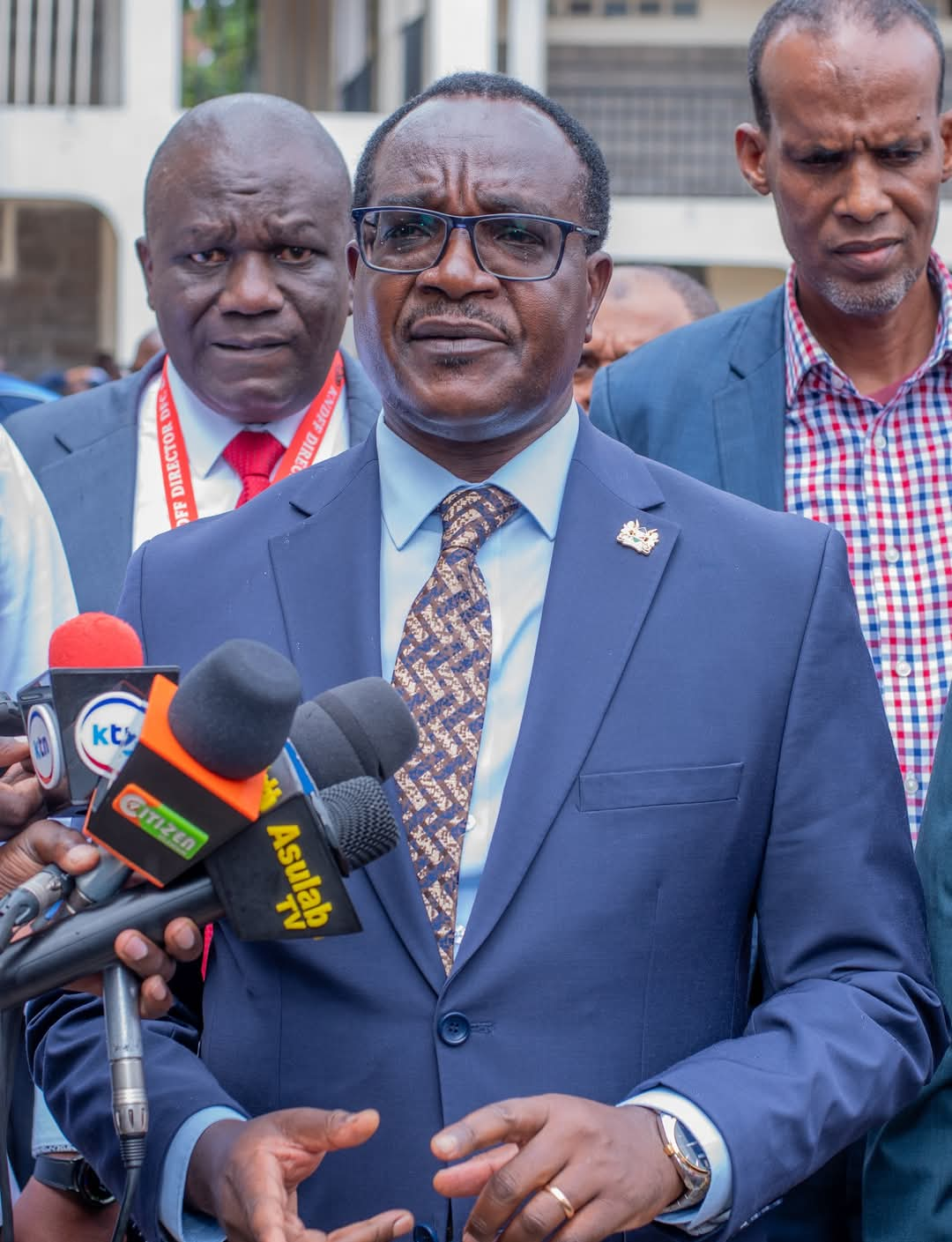School Heads Warn of Disruption in Learning Due to Delayed Capitation Payments
Thousands of students across the country may face being sent home starting next week as the government has not provided sufficient capitation funds.
The Kenya Secondary School Heads Association (KESSHA) has voiced its frustration over the ongoing delays in the release of capitation for the second term.
School administrators have reported that the postponement of over Ksh21 billion has left many institutions struggling with increasing debts, forcing them to make tough decisions regarding resource distribution.
During a press conference on Saturday, May 3, the school leaders explained how the lack of timely funding is jeopardizing the stability of their schools, impacting everything from administrative tasks to the upkeep of essential facilities.
“When there are delays in government funding, it affects our services. For example, late payments to suppliers can result in delays in receiving necessary supplies,” stated one head teacher.
“The postponement of capitation disbursement can sometimes hinder our schools’ performance. We urge the government to expedite the release of these funds to schools.”
This announcement follows Education Cabinet Secretary Julius Ogamba’s recent statement about the government’s intention to distribute Ksh21 billion in capitation to public schools next week.
Speaking at the Naivasha Education Conference on May 2, Ogamba indicated that these funds would significantly assist school leaders in planning for the second term, which began on Monday.
He attributed the delays in fund disbursement to the government’s limited resources, noting that approximately 30 percent of the national budget is typically allocated to education.
“Some government-funded programs are very costly, which has occasionally led to delays in disbursing capitation funds to schools,” Ogamba explained.
In addressing the issue, the Education Cabinet Secretary also cautioned school leaders against imposing additional fees, emphasizing that the Ministry does not permit extra charges by schools.
The delays in releasing these vital funds have raised concerns about the future stability of public education, especially as the government faces challenges in implementing Competency-Based Education.
